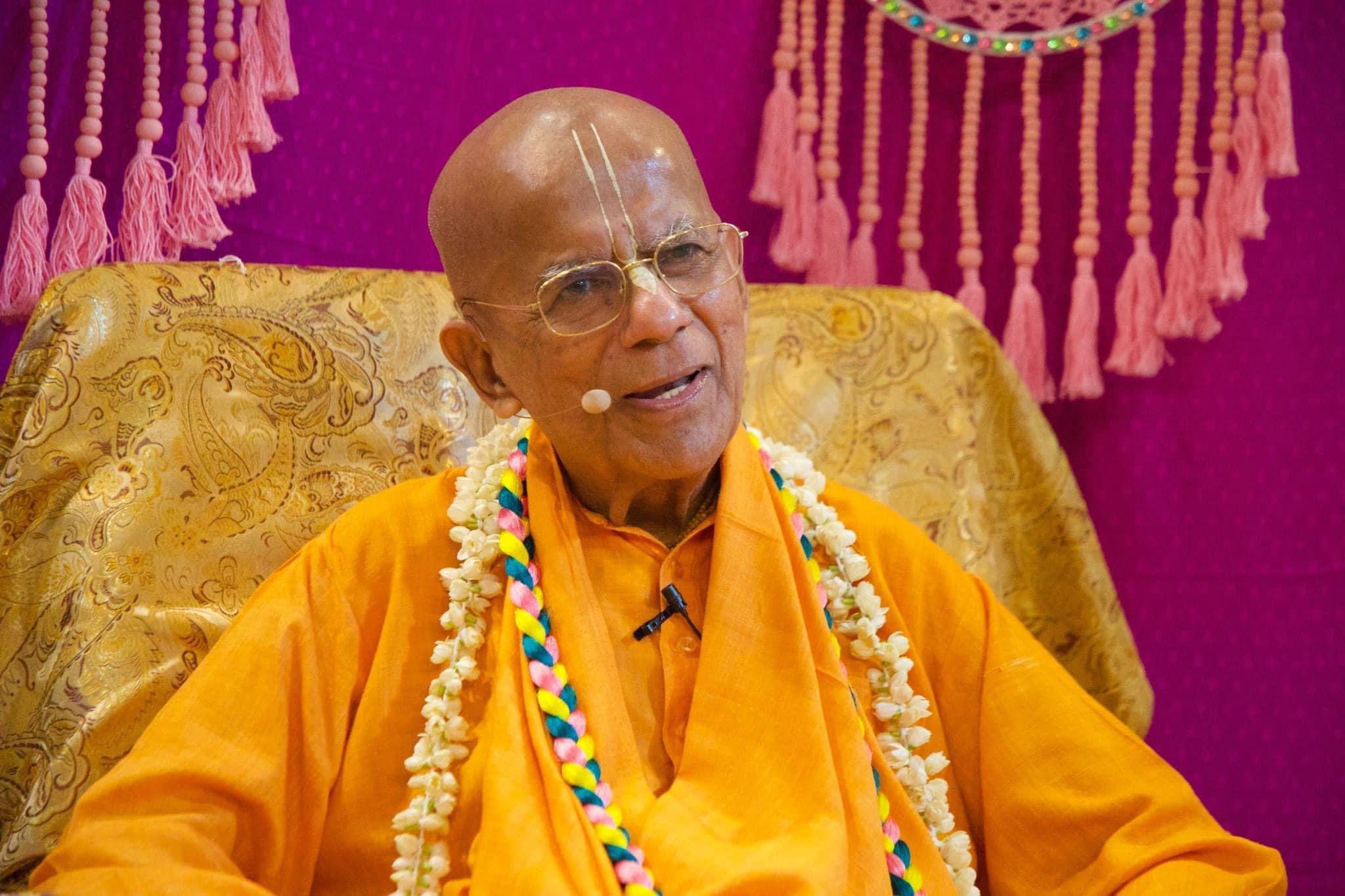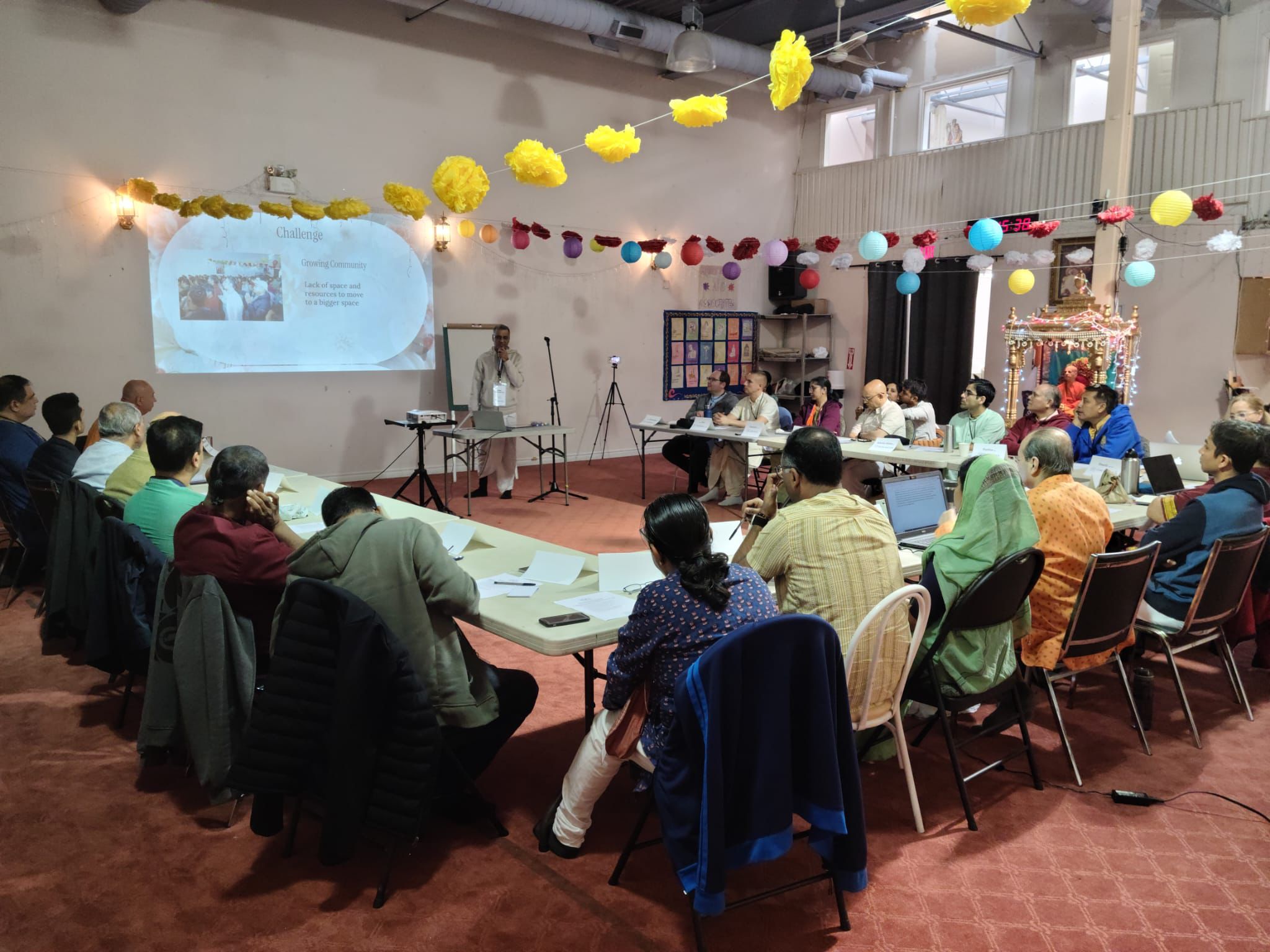Book Review: Wise Love: Bhakti and the Search for the Soul of Consciousness, by Pranada Comtois
By Swami B. A. Ashram | Окт 06, 2018

“Writing,” Laurence Sterne has his hero Tristram Shandy write, “is but another name for conversation.” It may seem a bit too facile to say that Pranada Comtois wrote Wise Love: Bhakti and the Search for the Soul of Consciousnessto begin a conversation with prospective readers. But Pranada tells us pretty much just that in her Introduction. She writes that, as a Western bhakti practitioner, she felt inspired to write books that might give contemporary Westerners some insight into an aspect of Eastern thought to which they may have little or no exposure.
I’m not sure I can think of a better reason for writing this book. When I taught writing in college, I included on my syllabus each semester a favorite definition of a writer. Donald. M. Murray, a Pulitzer-winning English professor at the University of New Hampshire and influential thinker in the teaching of writing, says, “A writer is an individual who uses language to discover meaning in experience and communicate it.” Pranada certainly exemplifies this. Many writers have tried to explain why they write, and discovery seems to be at the heart. Flannery O’Connor, for example, said, “I write because I don’t know what I think until I read what I say.” Stephen King: “I write to find out what I think.” Edward Albee: “I write to find out what I’m thinking.” Writing, then, can be an important epistemic activity, a powerful way of exploring a topic and assimilating it. Our beloved spiritual master, His Divine Grace A. C. Bhaktivedanta Swami Prabhupada, also encouraged his students to write for a similar purpose. In Los Angeles, he said, “Realization means you should write, every one of you, what is your realization. . . . That is required. It is not passive.”He told us in Honolulu, expressing his pleasure at having read some essays written by a disciple, “Writing means if you have digested the idea, you can produce in your own words. Sravanam kirtanam.” Looking at Wise Lovefrom this perspective, perhaps the first beneficiary of this book is Pranada herself.
But the benefit certainly doesn’t end there. Srila Prabhupada’s instructions include, sometimes implicitly, sometimes explicitly, communicating our realization to others, “in your own language,” or “in your own words.” Pranada tells us this is precisely her intention with this book when she says she writes it as “a bhakti practitioner born in the West and acquainted with the Western sociocultural-spiritual landscape,” with the hope that she “can make the subject more relatable by bridging and reconciling for readers the apparently divergent and deeply ingrained Eastern and Western worldviews.” She was inspired to undertake such an effort through exposure to the talks and writing of a godbrother, Swami B. V. Tripurari. His approach helped her find a language she felt suitable for explaining the subtle concepts and practices surrounding bhakti to interested, thoughtful, educated readers.
Pranada seems to have organized her exploration of bhakti’s philosophy and practices by a sort of progressive depth, which I think works well. And she does so with a beautiful metaphor, presenting it as a waxing moon rising in the sky, casting ever more soothing light on its topic. She opens with a Prologue that introduces readers to the Bhagavata, also known as "Шримад-Бхагаватам", the essential text for practitioners of Krsna bhakti. Then she explores the basic nature of consciousness/ self/ identity, and the self’s relation with the world; defines bhakti and Bhakti Vedanta, as she describes bhakti’s philosophical basis, by contrasting it with Adwaita Vedanta; and introduces us to the nature of transcendental sound and to киртан, the essential practice of bhakti. Next Pranada explores humility and compassion, which develop naturally in the practitioner’s character, as well as the practices which help make our hearts fertile ground for such cultivation. Finally, she gives readers a glimpse into the what she calls “the psychology of the Absolute,” as well as the nature of divine love and the realm in which that love flourishes. It is, by her own admission, something of a whirlwind excursion, presented rather densely. And, just as Pranada sometimes presents herself as a pilgrim, her book may be better suited for those who are willing to work a little to get a sense of what pilgrimage may be than for tourists, who seek to satisfy idle curiosity. She suggests in her Introduction that we stop and spend some time in each destination, reflecting on what we’ve seen and heard.
Although Pranada had already done a lot of writing in different forms over the years, she says the books she imagined seemed to elude her for some time. What she developed, once she found an approach—and a language—that she felt might work, is what appears to me to be an invitational argument. This seems to me the most natural way for someone such as Pranada, whose writing and speaking come from a perspective of what she calls heartfulness (which she suggests enriches mindfulness) and intend to deliberately address women more than others might, to share her insights into the bhakti tradition. Invitational rhetoric questions the conventional wisdom that argumentation must be contentious, combative. Rather than aiming to defeat or persuade another, such argument hopes to invite others to enter a space of mutual regard in a way that fosters exploration. It seems moreover, to be a natural approach for writing about bhakti, spiritual devotion, manifest, in Pranada’s words, in the feminine divine, which she discusses in her Afterword.
Wise Lovemay be particularly helpful to readers who have some exposure to bhakti thought and practice, especially to Caitanya vaisnavism, through having friends or family members engaged in Krsna bhakti. Those who have been exposed to bhakti through college or university courses on philosophy or religious studies may also find this book useful. As I’ve noted, this book may not necessarily serve as the best introduction to bhakti for those who don’t have some background that has already aroused their interest. This is not a book that wraps bhakti philosophy up into a neat package. Instead, it opens space for questions. With that said, though, I don’t doubt that many with no previously aroused interest may find that Pranada’s heartful approach does awaken an interest and open up the land of bhakti for them. Evidence of the book’s ability to connect with readers is readily available. Many readers have already responded enthusiastically and many reviewers have expressed their appreciation. And we have the awards. WiseLovewas judged winner in Spirituality for the 2018 National Indie Excellence Awards and finalist in Spirituality for the 2018 Next Generation Indie Book Awards.
Many bhakti yoga practitioners may find that they benefit from reading Wise Lovein several ways. It may help them to put together in their own minds a broad picture of what bhakti is, encouraging them to persist in their practice. It may help them see how they may develop their own language for sharing bhakti with others, especially by hearing attentively from experienced teachers. It will give many a means for directly sharing bhakti with friends, family members, even acquaintances, anyone who has some real interest in understanding what their practice is about, by providing many openings for deep discussion, deeper discovery, even eventual joint pilgrimage. And, of course, I hope that it will inspire in many a desire to share their realizations by writing them, generating further exploration and conversation, and, we may hope, more thought-provoking books.














